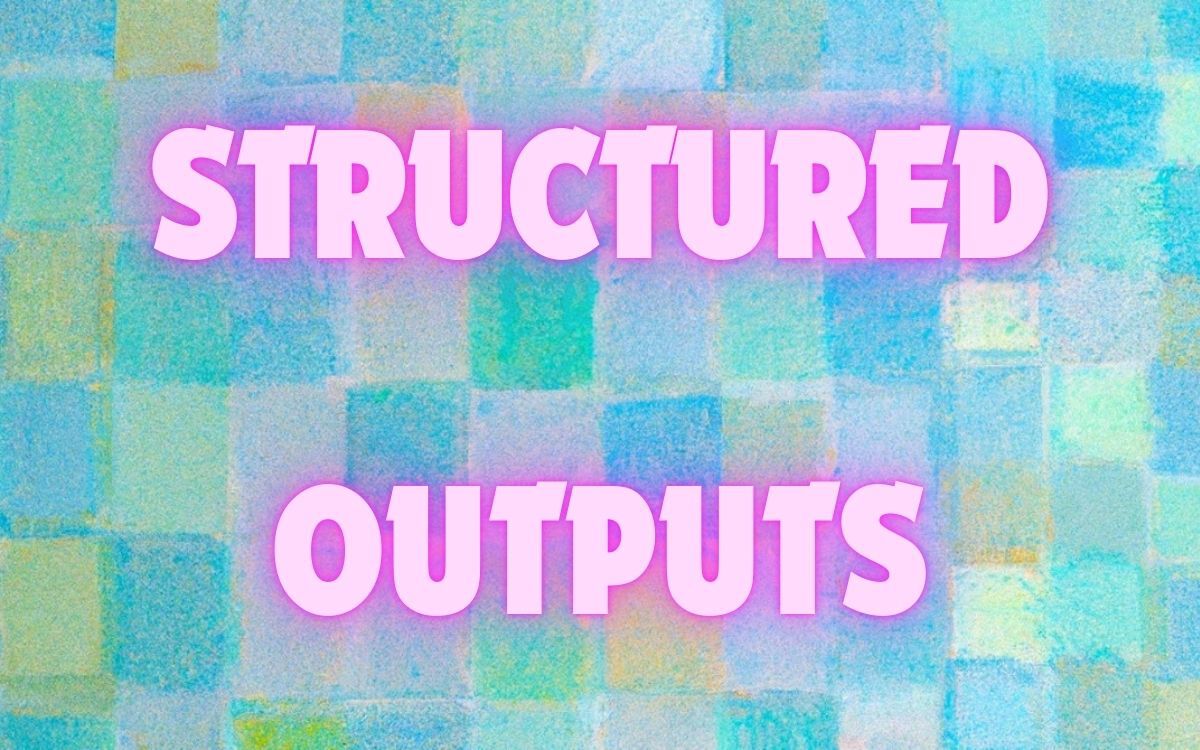OpenAI has announced a groundbreaking feature called Structured Outputs, aimed at enhancing the reliability of its API’s model outputs. This innovation empowers developers to provide specific JSON Schemas, ensuring that the AI-generated outputs consistently adhere to the desired structure.

Solving the Unstructured Data Challenge
In the realm of AI applications, transforming unstructured data into structured formats is a pivotal use case. OpenAI’s API has been instrumental in building sophisticated AI assistants capable of fetching data, answering queries, and executing actions. However, developers have long grappled with the limitations of LLMs in reliably producing structured outputs.
Structured Outputs addresses this challenge head-on by training models to comprehend complex schemas better and constraining them to match developer-defined structures. This eliminates the need for workarounds and significantly improves the dependability of AI-generated results.
Unparalleled Reliability: gpt-4o-2024-08-06
OpenAI’s latest model, gpt-4o-2024-08-06, equipped with Structured Outputs, boasts a flawless 100% score in evaluations of complex JSON schema adherence. This starkly contrasts with the less than 40% score of its predecessor, gpt-4-0613, demonstrating the substantial improvement in reliability.
Seamless Integration for Developers
OpenAI offers two distinct ways to leverage Structured Outputs within the API:
- Function Calling: Developers can enable Structured Outputs by setting strict: true within their function definition. This applies to all models compatible with tools, including gpt-4-0613, gpt-3.5-turbo-0613, and later versions.
- Response Format: A novel option, json_schema, is introduced for the response_format parameter, allowing developers to furnish a JSON Schema directly. This is particularly beneficial when the model responds directly to users in a structured manner and is supported by the latest GPT-4o models.
Safeguarding User Safety
Prioritizing safety, OpenAI has designed Structured Outputs to align with its existing safety protocols. The model retains the ability to decline unsafe requests, and a new refusal string value in API responses enables developers to programmatically identify such refusals.
Empowering Developers with Native SDK Support
OpenAI’s Python and Node SDKs have been updated to natively support Structured Outputs. This simplifies the process for developers by automatically handling schema conversion, response deserialization, and refusal parsing.
Diverse Applications: Unleashing the Potential
Structured Outputs finds applications in various domains, such as dynamically generating user interfaces, extracting structured data from unstructured sources, and effectively separating final answers from supporting reasoning. These versatile use cases demonstrate the feature’s potential to transform AI development across multiple fields.
Behind the Scenes: The Power of Constrained Decoding
OpenAI’s approach combines model training with a deterministic engineering technique known as constrained decoding. By converting the supplied JSON Schema into a context-free grammar (CFG), the model is restricted to generating tokens that adhere to the schema’s rules. This dynamic constraint ensures the production of valid JSON outputs, minimizing errors.
A Leap Forward in AI Reliability
Structured Outputs represents a significant leap in enhancing the reliability and usability of OpenAI’s API. By empowering developers with granular control over output structures, OpenAI is paving the way for a new generation of robust and reliable AI applications.